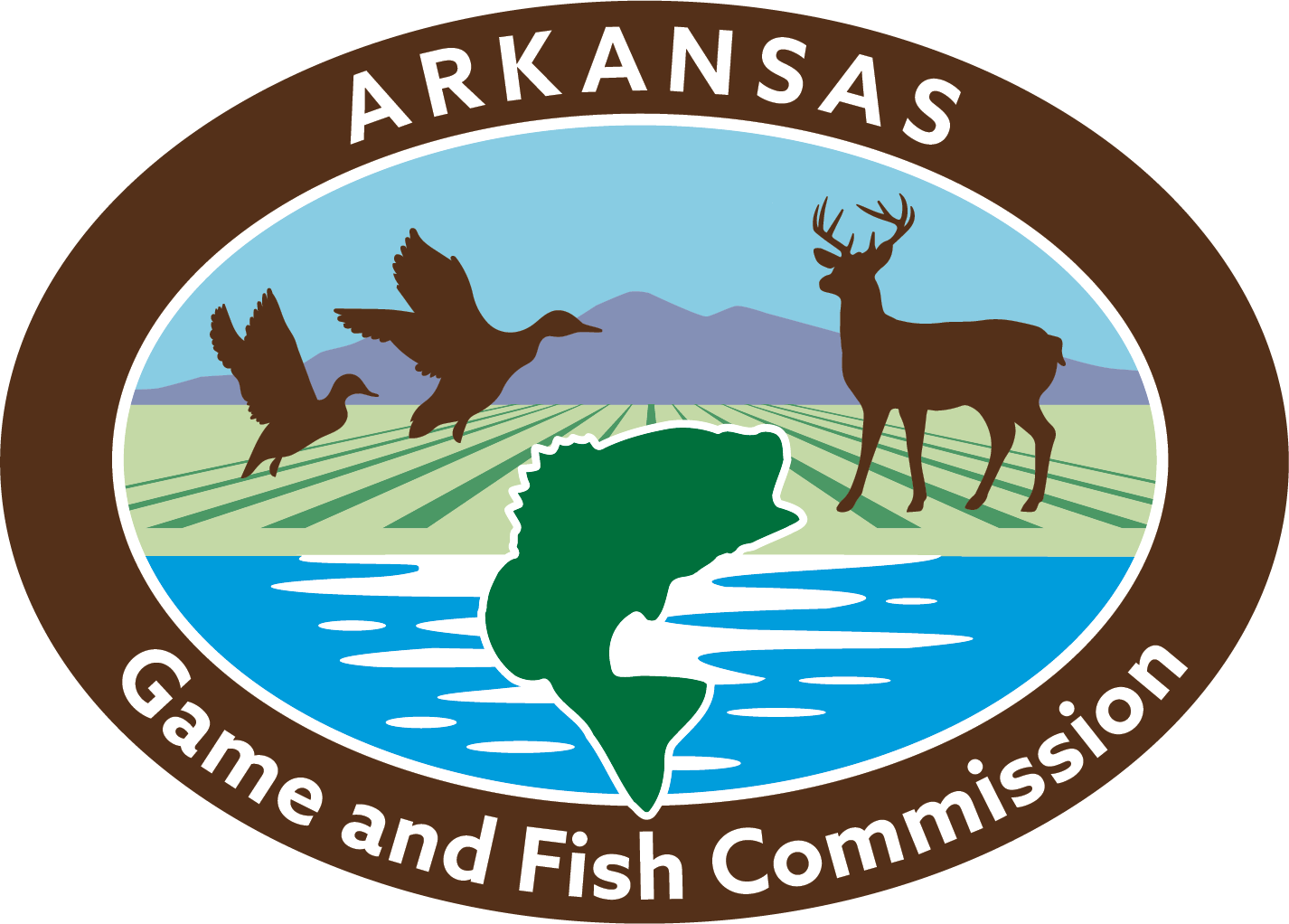Approved On: April 25, 2019
Effective On: April 25, 2019
- An alligator farm must contain suitable land and habitat to support a population of adult alligators in outside breeding ponds and adequate area for the construction of holding houses for young alligators up to 3 years of age. There must be a reliable source of fresh water and equipment for pumping and changing water. Breeding ponds shall be fenced around the perimeters with woven wire or board fences of sufficient height (minimum 4 feet) and tightness, constructed to prevent the escape or entrance of any size of alligator. Fences shall be buried or otherwise secured at the bottom to prevent entrance or escape. Breeding ponds must have at least 1 area at least 6 feet deep and suitable nesting sites.
- Pens or holding facilities shall be constructed to prevent the egress and ingress of alligators. The alligator farmer shall provide rearing tanks of concrete, fiberglass, plastic or metal construction for alligators less than 4 feet. Alligators less than 2 feet shall be housed separately from those 2-4 feet. On-site propagation facilities shall provide ponds, nest sites and space for breeding adults and artificial incubators.
- Holding houses containing an adequate number of artificial tanks shall be provided for growing small alligators 6 feet or less. A sufficient number of tanks shall be provided to allow for segregation by age/size/classes, and each tank shall be permanently numbered to facilitate accurate record keeping. There shall be sufficient space in each tank for all alligators to completely submerge under water at one time and enough dry area to run around for basking purposes. A properly constructed tank will consist of 2/3 water for 1/3 dry area. The overall size of the tank shall depend upon the number of alligators held, but as a general standard each alligator should have enough space to submerge without having contact with another alligator. Holding tanks shall be designed to permit periodic cleaning of water and a complete change of water at least every other day.
- An alligator farmer shall provide security sufficient to ensure no alligators, eggs, or other parts can be moved in or out of the alligator farm without the farmer’s knowledge.
- Permitted alligator farms shall be subject to inspection by Commission personnel at any time.
- An alligator farmer shall make all alligator eggs produced on the farm available for inspection by August1 of each nesting year. All alligator eggs shall be in containers having not more than one layer of eggs in at least one incubation facility on each alligator farm. Only viable alligator eggs will be credited to the egg inventory. Eggs laid after August1 may be collected and added to the egg inventory only if egg development characteristics indicate a laying date after August 1 and nests are verified by Commission personnel prior to being collected.
- A controlled environmental chamber complete with an incubator shall be provided for hatching of eggs. The chamber shall also contain a sufficient number of holding tanks to accommodate anticipated hatchlings and to provide a suitable environment for newborn alligators.
